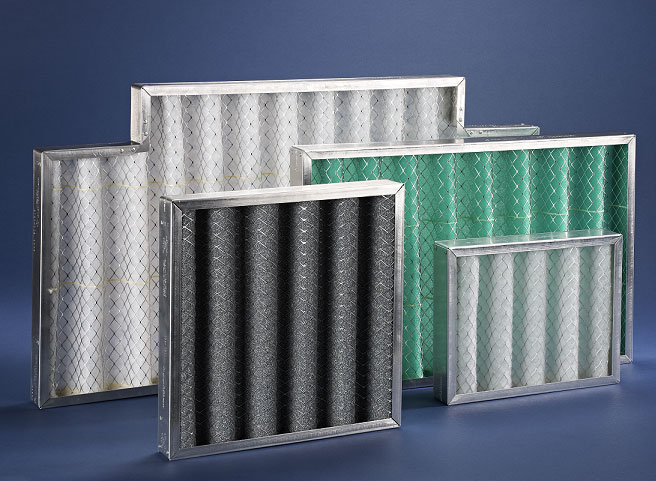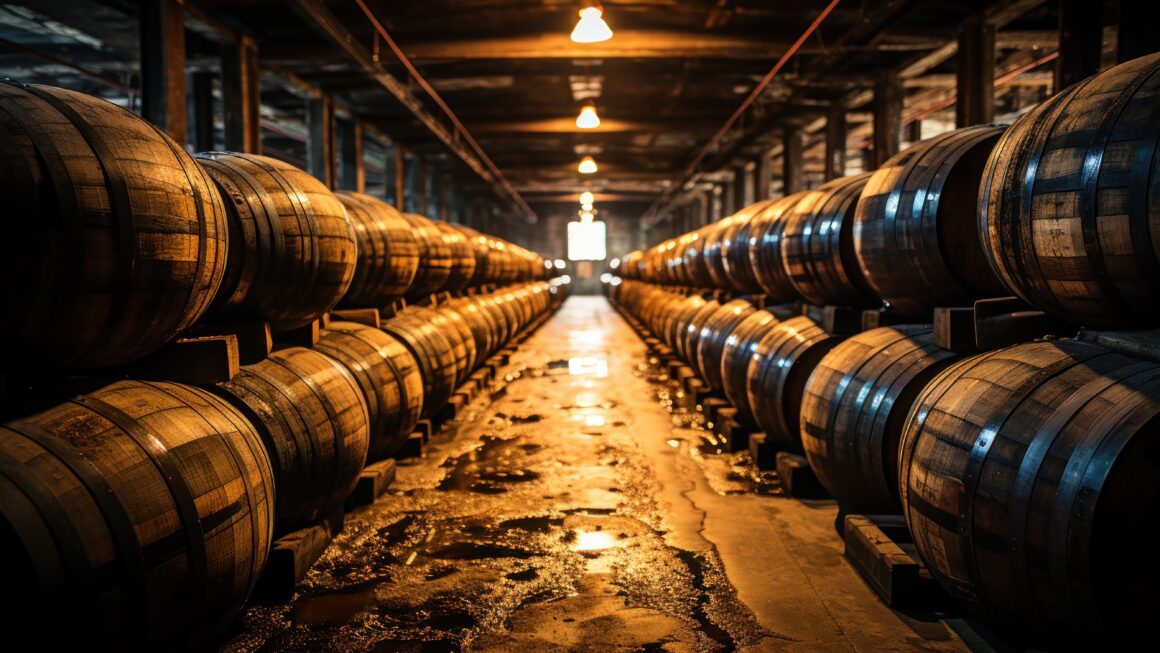Industrial air filters remove pollutants from the environment to improve indoor air quality. They are used in various industries, including pharmaceuticals, food processing, and power generation.
Air filters may feature various types of filter media, depending on their intended application and the size of particles that need to be filtered. Typical media include paper, fibers, expanded PTFE, and HEPA-rated filter media.
What is an Air Filter?
An air filter filters out pollutants and dangerous particles from the air. They can be used in various applications, including cars, gas turbines, air conditioners, industrial and commercial buildings, hospitals, vacuum cleaners, and food processing equipment.
Several common types of air filters exist, each with its unique properties. These include paper, foam, carbon, aluminum screen media, fiberglass, and plastic.
They may be pleated or non-pleated and can be sized in nominal and actual dimensions. Pleated air filters have folds or pleats that increase their surface area, which improves filtration efficiency and reduces noise.
They can trap small dust particles and other contaminants, ensuring a safe working environment for your employees and customers. They also help prevent environmental allergies, respiratory problems, and other illnesses caused by breathing in harmful microscopic particles.
How Do I Maintain an Air Filter?
Industrial air filters Richmond VA are at the heart of a facility’s indoor air quality (IAQ) strategy, helping keep production environments clean and free of dust and particulates that may reduce product yields. However, filters can only do their job properly when maintained correctly.
Filter maintenance begins with filter selection and continues through installation, monitoring, and replacement. A reputable industrial air-filter manufacturer can guide you through this process.
Different industrial air filters have different strengths and purposes, so choose a filter that best meets your needs.
Some filters trap water-based pollutants like smoke, mist, and particulates, while others remove corrosive and solid dirt particles. Other filters address specific contaminant types, such as oil-based or chemical solvents.
A well-maintained air filter will help prevent equipment failure and decrease downtime. It will also save you money and energy in the long run and reduce waste.
Why Do I Need an Air Filter?
An air filter in your car prevents debris from entering the engine and clogging the fuel system, which would otherwise cause it to run poorly. Therefore, driving vehicles in dusty or dirty environments, such as desert areas and large urban cities, is essential.
Air filters can improve indoor comfort and reduce energy costs by keeping dust and other particles from settling on electronics, equipment, and appliances. They also help keep heating and cooling systems running efficiently, reducing wear and tear on parts.
In an industrial setting, air filters ensure the quality of a facility’s air. Maintaining product quality and protecting workers from respiratory diseases, including asthma and allergies, can be vital.
How Do I Choose an Air Filter?
Choosing the right air filter is essential for the efficiency of your compressed air system. It can significantly impact the air that is emitted and boost worker productivity.
First, you should decide what contaminants need to be filtered out. For example, if you do auto bodywork, you want a filter that keeps solid particles away, as they can ruin the work.
The next step is to choose the filter that has the highest performance. American Society of Heating, Refrigerating, and Air Conditioning Engineers (ASHRAE) establishes standards for evaluating filter effectiveness by measuring how many particles are removed.
The particulates’ size removed by a filter is measured in microns. Therefore, the higher the MERV, the more efficient a filter is at removing smaller sub-micro size particulates. As a result, it can help prevent lung problems in people with allergies, asthma, bronchitis, and other respiratory issues.




